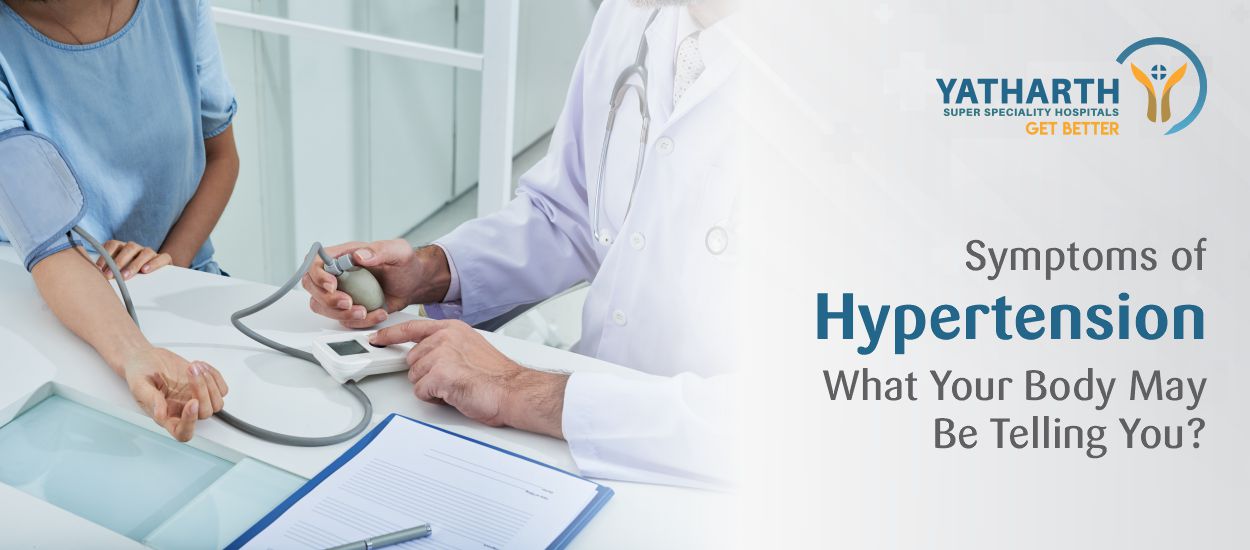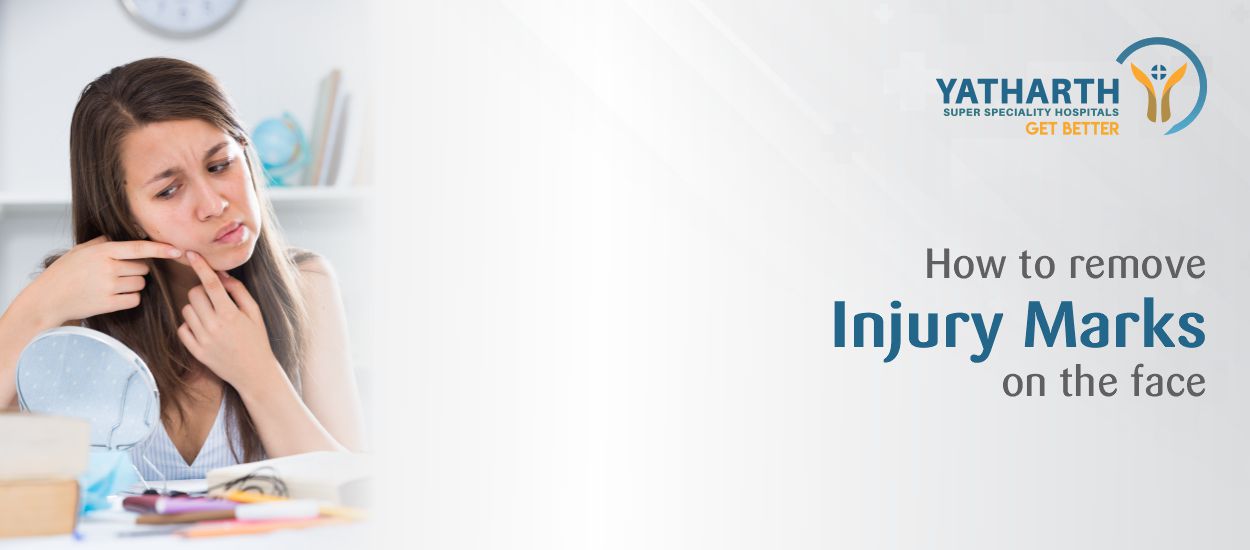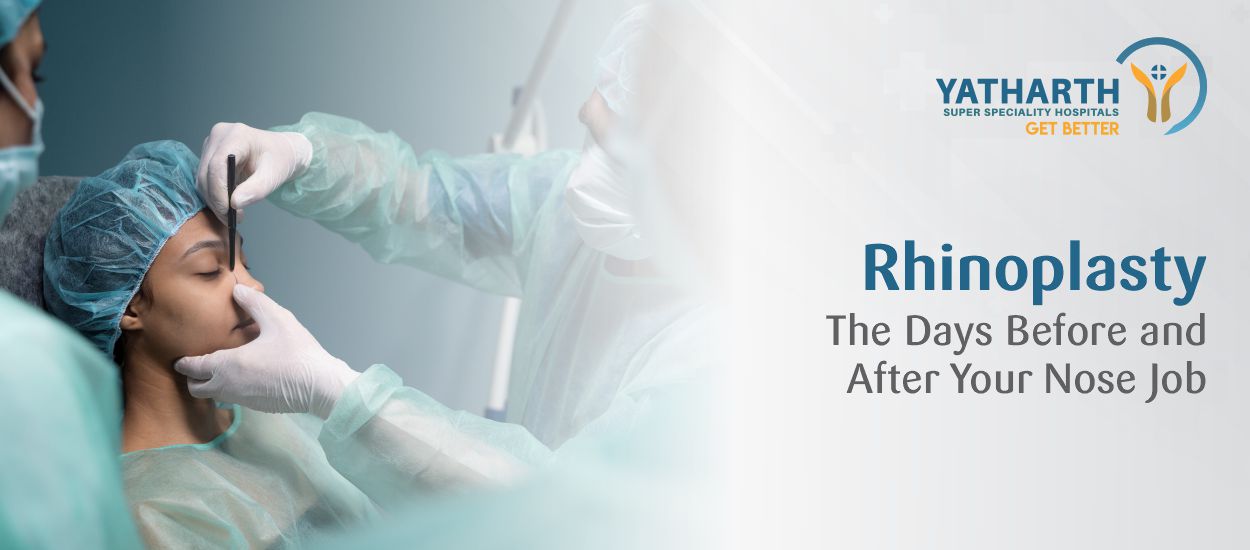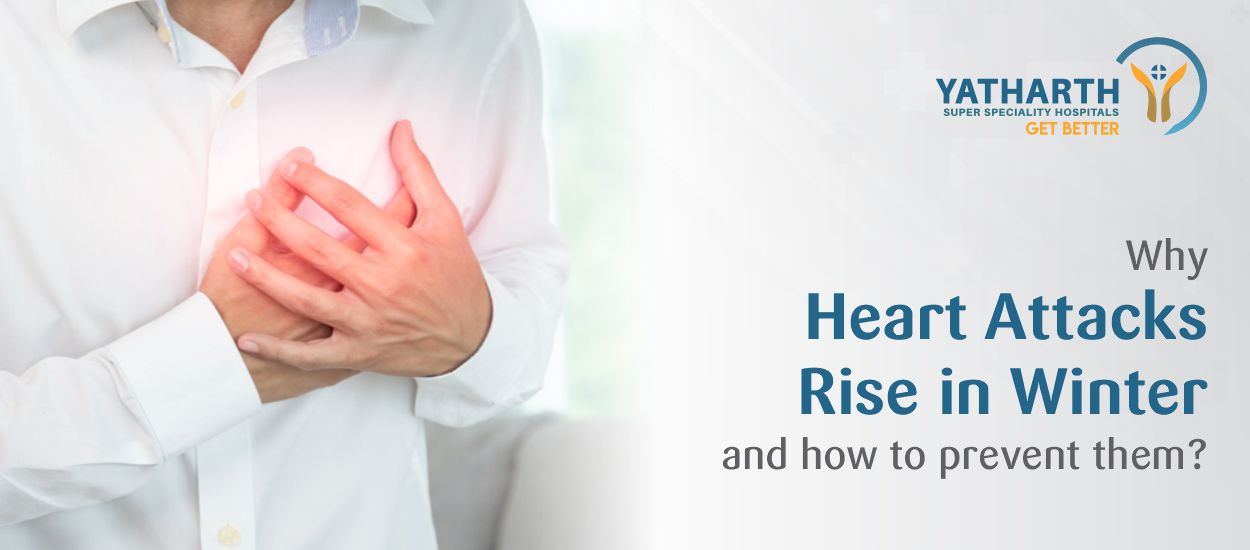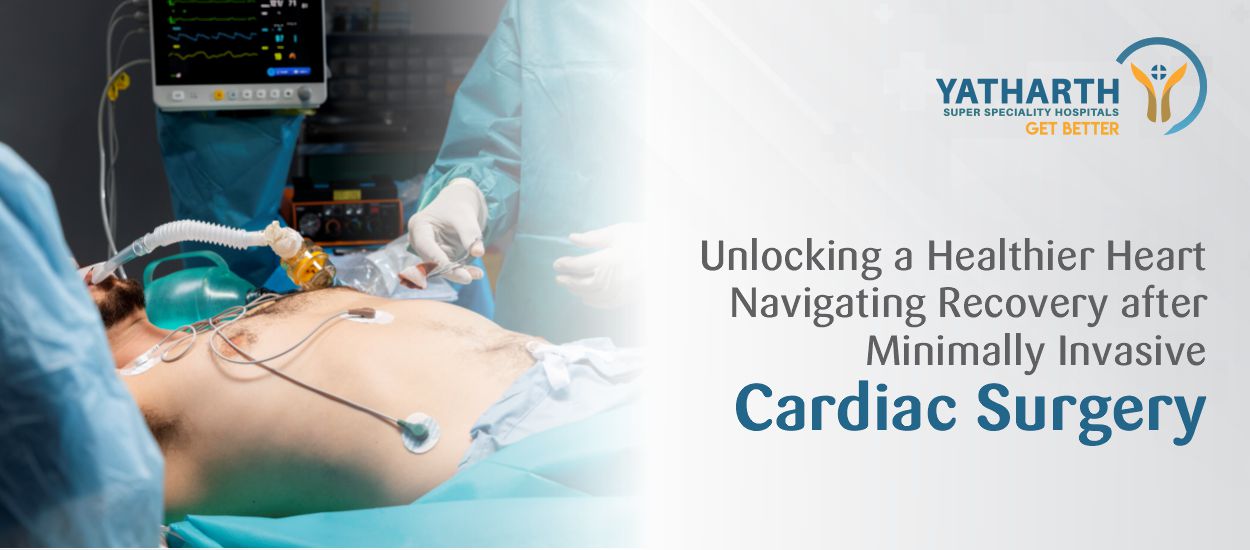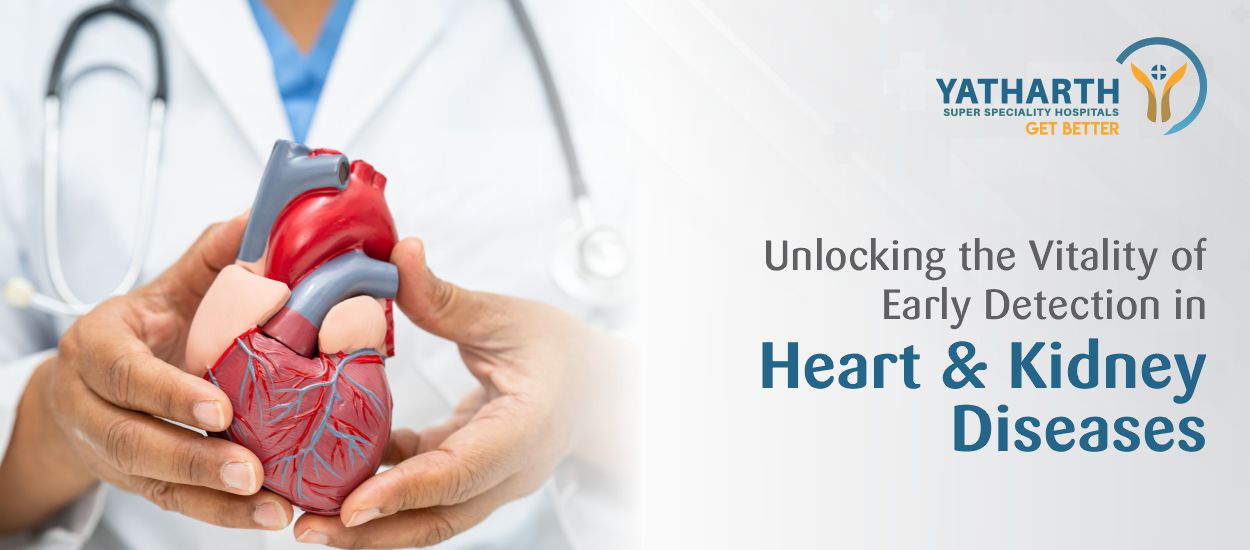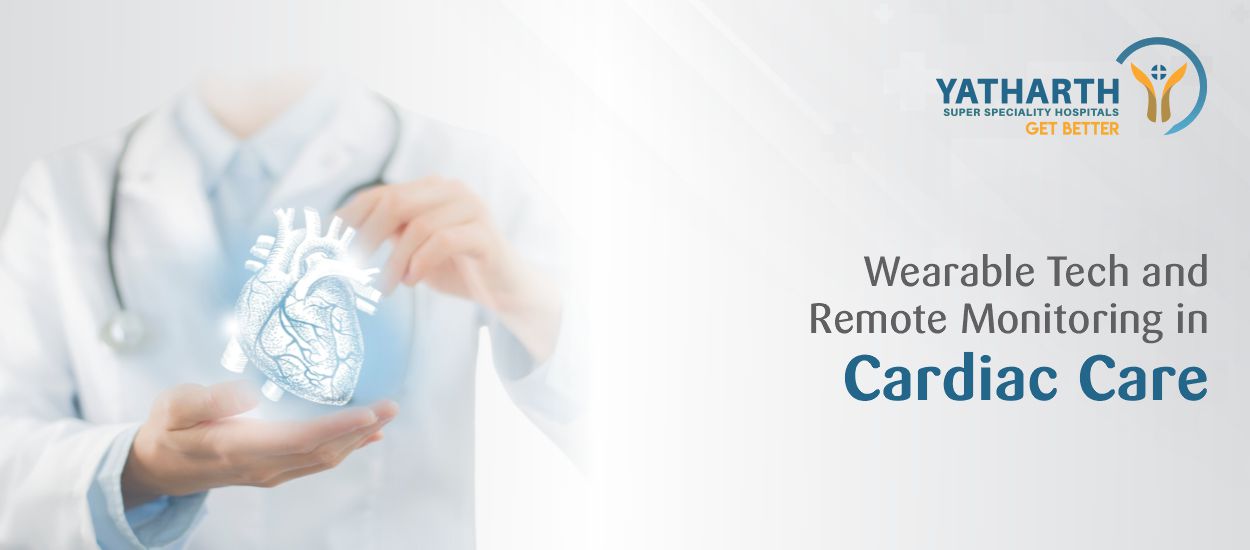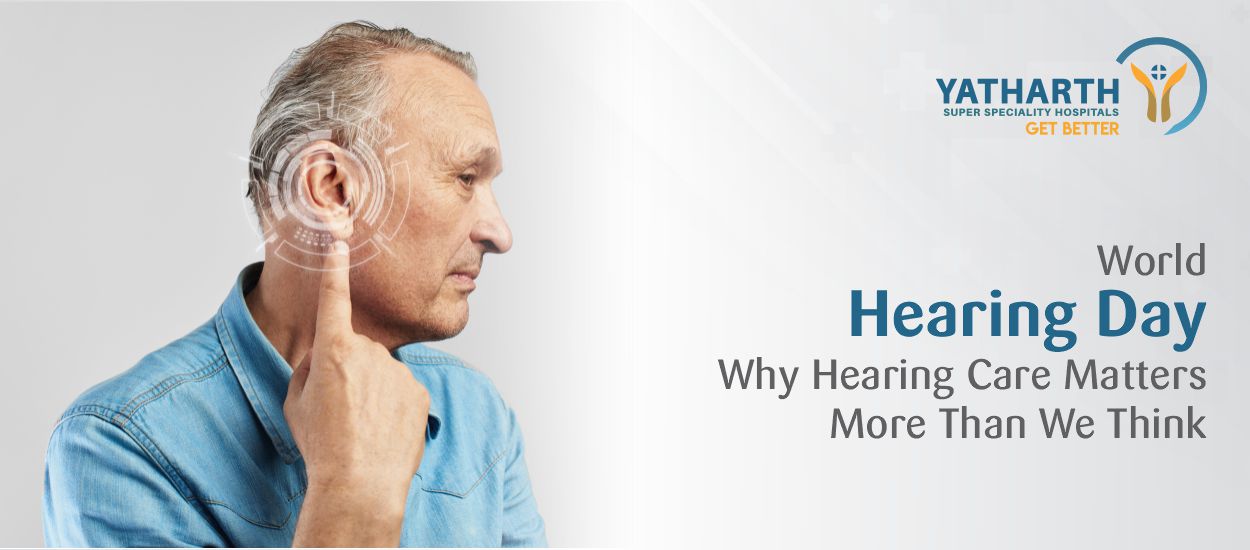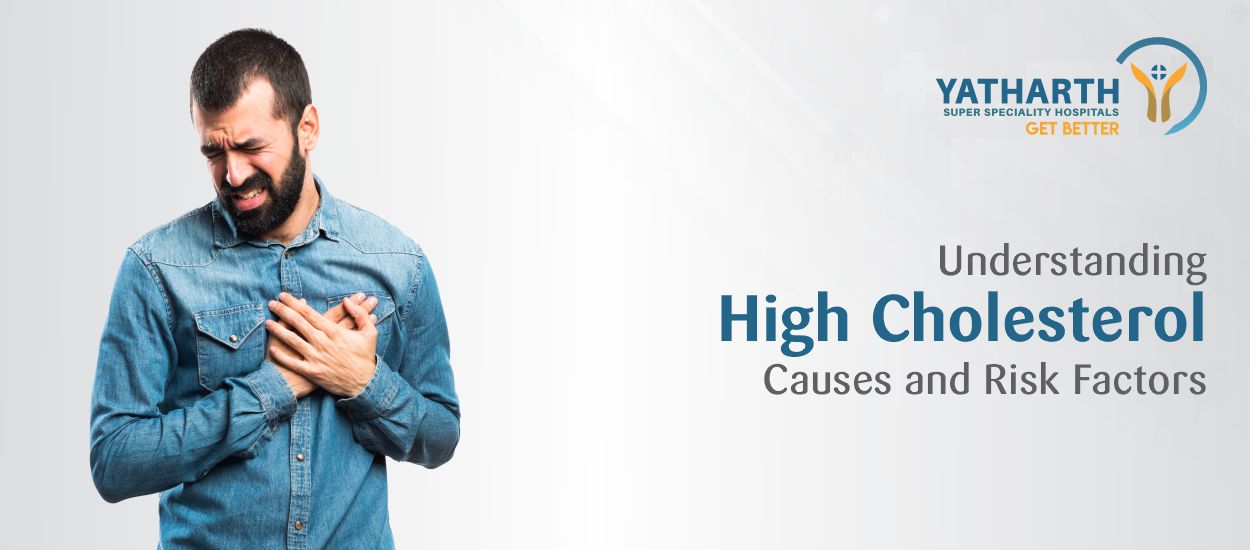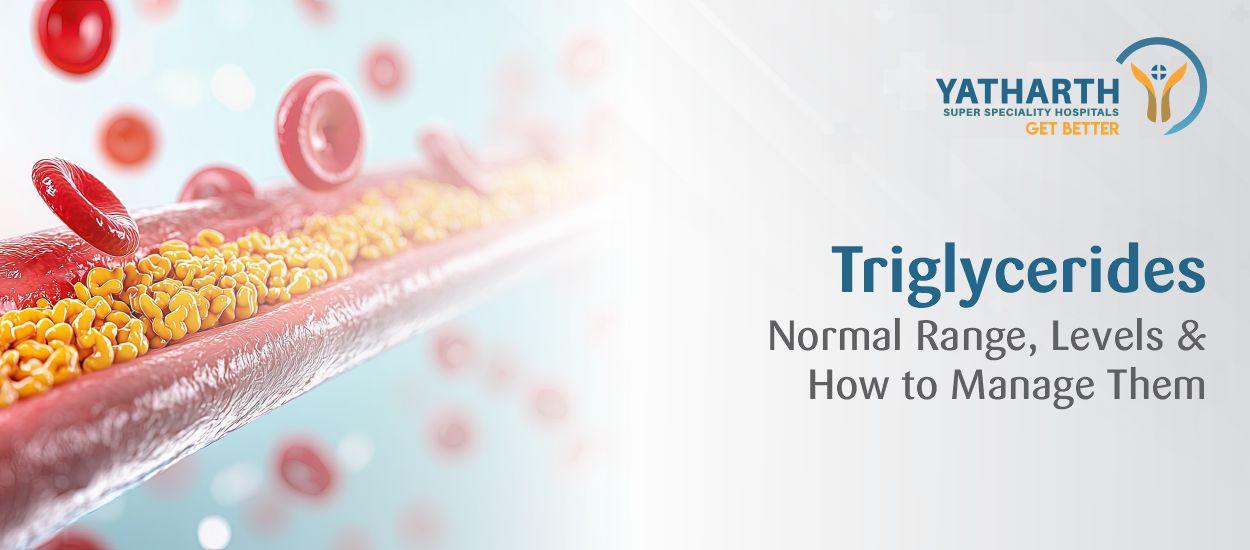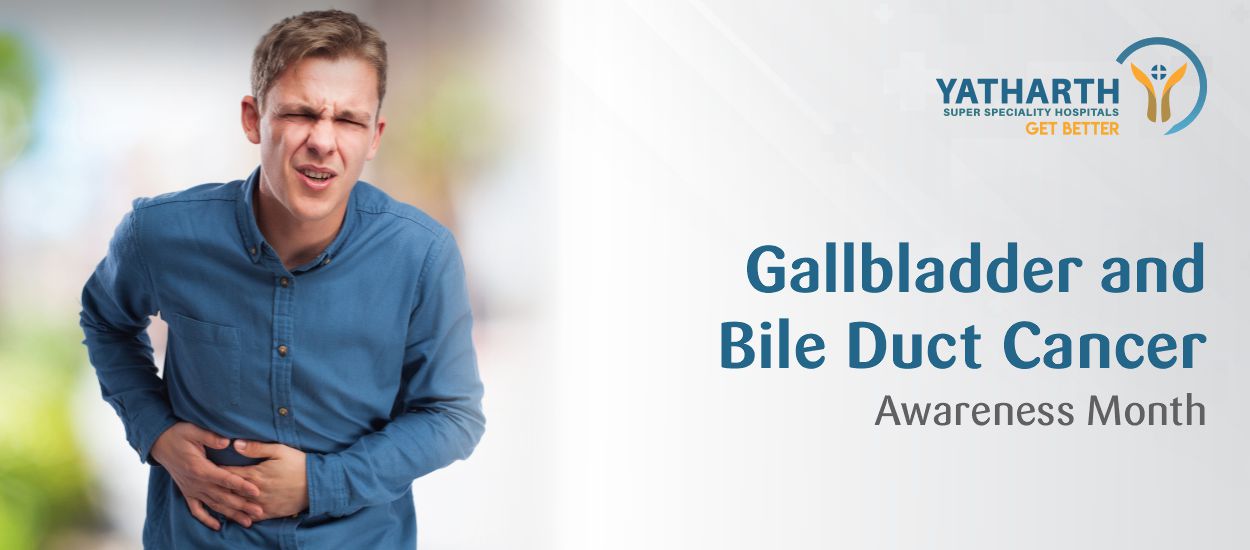Hypertension, or high blood pressure is a very common yet a very dangerous condition.
Millions worldwide are affected by this condition, It is also called The Silent Killer.
It frequently gets developed without any obvious symptoms making regular checkups very crucial.
However, your body may give you signs about the developing condition and alert you that something is not in place. Understanding these potential warning signs can help you in controlling your health and seek timely medical attention.
Understanding Blood Pressure:
It is essential to understand blood pressure. A force that your heart produces when your blood pumps against the walls of your arteries. It is measured in mmHg (Millimeters of mercury).
Blood pressure is represented by two numbers:
- Systolic pressure: Pressure created by the beating of your heart. (Contraction)
- Diastolic pressure: Pressure created when your heart rests between beats. (Relaxation)
The normal range for blood pressure is typically less than 120/80 mmHg. It is diagnosed to be hypertension if it exceeds 130/80.
Why is hypertension called The Silent Killer?
You might feel perfectly fine and would never be able to identify this condition, as in the early stages hypertension shows no signs. Even if your blood pressure might always be high, your body often adapts to high blood pressure for a while. With time, untreated hypertension can manage to damage your blood vessels and organs, leading to even serious health conditions like:
- Heart diseases
- Stroke
- Kidney diseases
- Vision problems
What are the potential symptoms of Hypertension?
While a lot of people experience hypertension with close to no symptoms, some may notice certain signs, especially if the condition is progressive. It’s essential to keep in mind that these symptoms may not only be specific to hypertension and can also be caused by other medical problems. On the other hand, if you experience any of the following, get yourself checked for blood pressure.
- Headache: Severe headaches which are persistent, mainly the ones occurring in the morning can be a sign of hypertension.
- Dizziness: Nauseous, lightheaded, unsteady or even fainting can sometimes be related with hypertension.
- Shortness of Breath: Difficulty breathing, mainly during physical activities or when lying down can be related with hypertension. High blood pressure can cause a lot of strain on your heart, making it less efficient at pumping blood.
- Vision Problems: Increased blood flow due to hypertension can damage tiny blood vessels of our eyes. Leading to a blurred vision, double vision or even vision loss.
- Nosebleed: While this condition is very common and often has other causes, frequent or severe nosebleeds can indicate a sign of hypertension.
- Chest Pain: Chest pain or discomfort, if accompanied by shortness of breath, can be a warning sign. Heart problems are often related to hypertension because high blood pressure increases the risk of hypertension.
- Fatigue: Unexplained fatigue, dizziness and loss of energy can sometimes root back to hypertension. The strain on the heart and blood vessels can make the body feel very tired and hinder work.
- Irregular Heartbeat (Palpitations): A rapid or fluttering heartbeat can indicate symptoms of hypertension, high BP affects the heart’s electrical system, leading to the case of arrhythmias.
- Swelling: swelling in different body parts like ankles, legs or feet can occur with hypertension, mainly because it is affecting your kidney function. Damaged kidneys may not be able to remove fluid effectively, resulting in swelling.
When should you consult a doctor?
Regular blood pressure checks are always recommended, even if you don’t have any symptoms. Frequency of checks depends on your age, overall health and risk factors.
See a doctor urgently if:
- You experience severe pain in the chest or shortness of breath.
- Get a sudden, severe headache, accompanied by dizziness or vision changes.
- You experience any symptoms of a stroke, weakness or numbness on one side of the body, difficulty speaking, or loss of balance.
- Your blood pressure is constantly high.
Taking control of your health is important:
While hypertension is a very serious condition, it can be managed effectively with making changes to your lifestyle, if necessary, medication. By understanding the usual symptoms and taking proactive steps to keep your blood pressure monitored, you can reduce the risk of any serious complications and improve your overall health.
Some measures to take for a quick relief:
- Slow and Deep Breathing: If you practice a slow, deep breathing method, it can help in igniting the parasympathetic nervous system which counteracts your body’s response to stress. Start with inhaling for 4 seconds, holding for 6 seconds, and exhaling slowly for 8 seconds. Repeat this a few times.
- Neck Stretches: If there’s tension in your neck and shoulders, it can sometimes cause your blood pressure to rise. Very gently, perform some neck stretches, moving your head from one side to another. Avoid any forceful movements.
- Meditation: Even a few minutes of a calming and mindful meditation can really help your mind to calm down. Focus on your breathing and when your feel distracted, gently bring it back to your breathing.
- Simple Relaxation: Finding yourself a quiet and calm spot may help you relieve your mind of anything that is bothering you. Closing your eyes and focusing on your body, starting from your toes to head really helps the blood pressure to lower down.
IMPORTANT: These are only temporary measures, please seek urgent care if you feel any symptoms. Do not rely on these methods instead of going to a doctor for a proper diagnosis and treatment.
